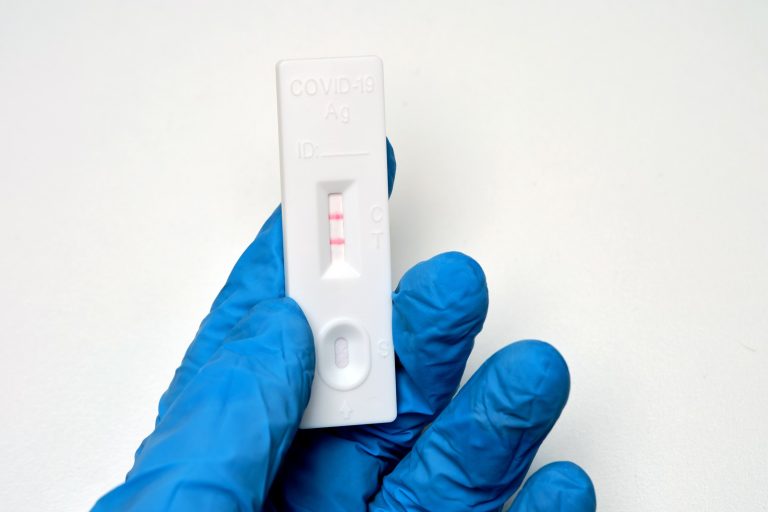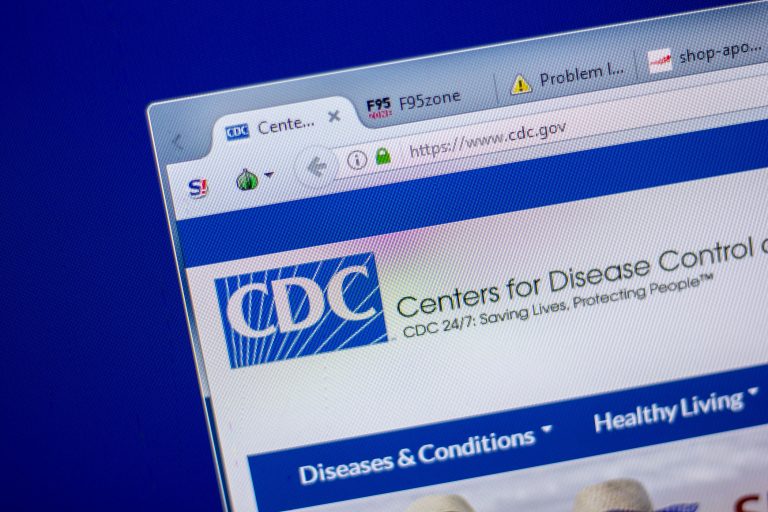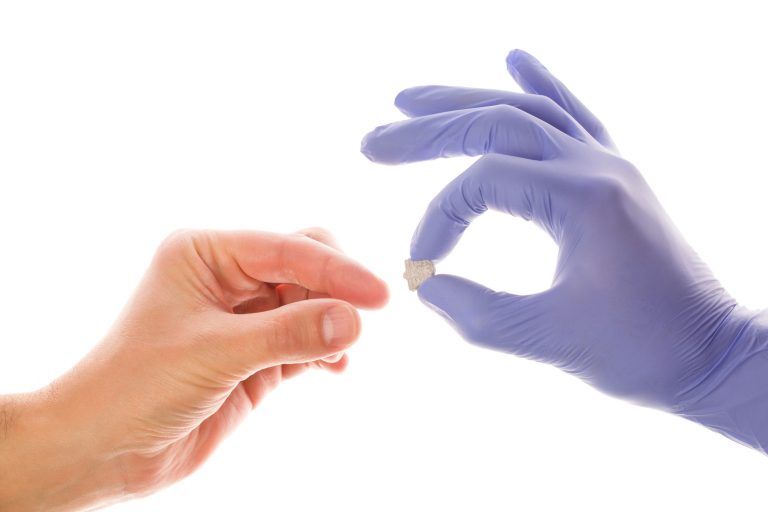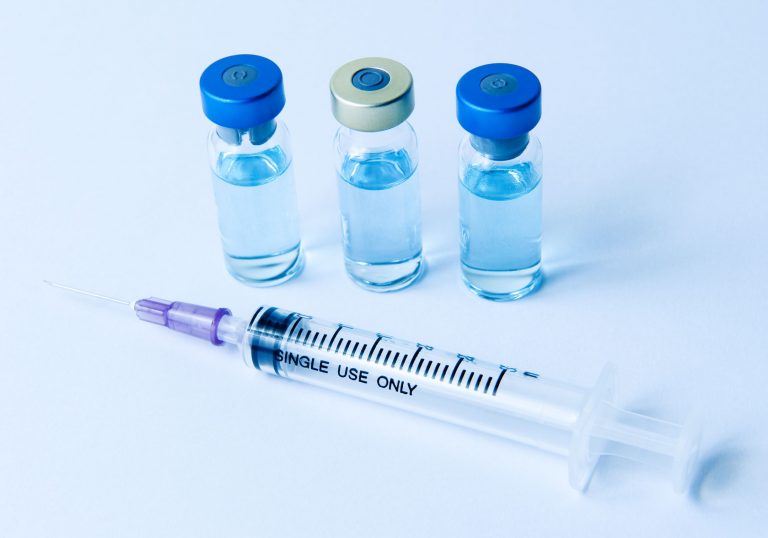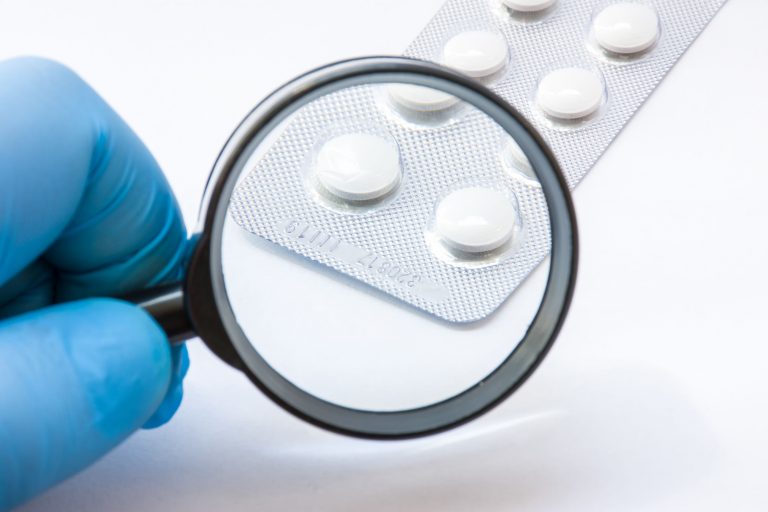Over two years after the World Health Organization declared Covid-19 a global pandemic, it seems the end is quickly approaching. Unfortunately, the end of the pandemic appears to be the start of an endemic. Even Dr. Anthony Fauci has admitted, “we’ve only eradicated one infectious disease in man, and that’s smallpox. That’s not going to happen with this virus.”
Are EUAs Deregulation or Regulatory Capture? Why Emergency Use Authorizations Should Stay
Nearly two years after Covid-19 first reached the US, Dr. Anthony Fauci indicated what many medical professionals have long known, and policymakers have desperately tried to avoid: Covid-19 is likely endemic.
The Covid-19 Ratchet Effect is Becoming Clearer, and More Concerning
On June 24, Centers for Disease Control Director Dr. Rochelle Walensky extended the national eviction moratorium for tenants unable to pay rent through the end of July. First enacted last September, the moratorium hoped to prevent further Covid-19 spread by helping tenants avoid traveling to find new housing or becoming homeless.
Will the Biden Administration Let a Delta-Variant Covid-19 Crisis Go to Waste?
Few countries have imposed more frequent and more stringent lockdown measures to combat Covid-19 than Australia. Their efforts have been so restrictive that the British Medical Journal likened them to a “health dictatorship.”
Other’s are less critical. A Forbes article published in March suggests, even while US cases were in steep decline, “there is still much we can learn from their [Australia’s] response.” Dr. Anthony Fauci specifically praised Australia for its “containment and management of emerging variants.”
These compliments may have been premature.
New Alzheimer’s Drug Approval Could Change the FDA’s Approval Process for the Better
After the experimental treatment for Alzheimer’s named aducanumab failed a futility test, its producers Biogen and Eisai lost hope the Food and Drug Administration would ever approve it. Despite promising clinical results through the approval process, the producers abandoned their project in 2019.
Eight months later, Biogen developed an expanded dataset to reassess aducanumab’s impact on patients taking larger doses. To the producer’s amazement, the data indicated that some patients receiving treatment were able to reverse the symptoms of Alzheimer’s disease.
Ecstasy Nears FDA Approval to Treat Severe Post-Traumatic Stress Disorder
In a heart-wrenching story written in 2017, Rachael Kaplan details her lifelong struggles with Post Traumatic Stress Disorder (PTSD). Enduring chronic and severe abuse as a child, Rachael strongly considered ending her life and found herself “praying to die.”
She worked with several therapists and numerous multiple treatment methods to improve her condition. Unfortunately, her traumas were so severe that she wasn’t able to address them during therapy without inflicting severe mental hardship directly. In her own words:
“I was still terrified most of the time. I would have flashbacks leaving me debilitated, having nightmares, dissociated, and self-harming… I had some of the best therapists, but I was so terrified from childhood trauma that my system would not let its guard down enough to let anything from the outside affect it.”
AstraZeneca Vaccine Controversy Provides Another Example of Overly Cautious Government Reactions
After a sluggish and error-prone beginning to a country-wide effort to vaccinate Americans against Covid-19, it seems things are quickly improving.
According to the Centers for Disease Control, as of March 18th, nearly 113 million Americans have received at least Covid-19 vaccination (two of the three available vaccines require two separate injections). The agency also reports that 12 percent of the US population is fully vaccinated and that about 2.4 million citizens are being vaccinated daily.
Are We Witnessing the Beginning of the Covid-19 Ratchet Effect?
Nearly 13 months after the first confirmed Covid-19 infection in the US, President Biden held a memorial as the country surpassed 500,000 deaths attributed to the pandemic. Mourning a great tragedy, President Biden noted these casualties surpass the lives lost during WWI, WWII, and the Vietnam War combined.
While alarmingly high fatalities signify a time of immense suffering, recent developments suggest the worst of the pandemic may be behind us. Covid-19 fatalities, cases, and hospitalizations are decreasing. Many universities plan to offer more in-person instruction during this fall. Texas ended its lockdown and mask mandate.
The FDA Should Grant Emergency Use Authorization for Alzheimer’s Drug
In March 2019, an experimental drug designed to treat Alzheimer’s disease named aducanumab failed a futility test during the process for approval from the Food and Drug Administration. Facing seemingly little hope for success, aducanumab’s producers Biogen and Eisai strongly considered abandoning the project.
However, when the drugmakers conducted further analysis on a larger dataset, they found that aducanumab reversed Alzheimer’s symptoms in some patients. Other Alzheimer’s treatments can only (at best) delay symptoms.

